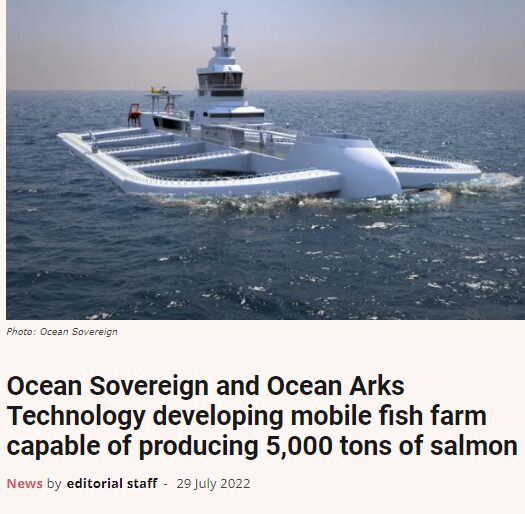 Á sama tíma og íslensk stjórnvöld eru að hleypa sífellt fleiri opnum netapokasjókvíum ofan í firðina okkar er tækniþróunin í laxeldisgeiranum hröð í öðrum löndum. Þar er litið á opnar sjókvíar sem tækni fortíðarinnar ekki síst vegna skaðlegra áhrifa þeirra á umhverfið og lífríkið. „Opnu sjókvíaeldisfyrirtækin láta náttúruna niðurgreiða framleiðsluaðferðir sínar,“ sagði einn framleiðandi lokaðra kvía.
Á sama tíma og íslensk stjórnvöld eru að hleypa sífellt fleiri opnum netapokasjókvíum ofan í firðina okkar er tækniþróunin í laxeldisgeiranum hröð í öðrum löndum. Þar er litið á opnar sjókvíar sem tækni fortíðarinnar ekki síst vegna skaðlegra áhrifa þeirra á umhverfið og lífríkið. „Opnu sjókvíaeldisfyrirtækin láta náttúruna niðurgreiða framleiðsluaðferðir sínar,“ sagði einn framleiðandi lokaðra kvía.
Í meðfylgjandi frétt, um sambræðslu skipa- og sjókvíatækni til noktunar á rúmsjó fjarri ströndum, nefnir frumkvöðullinn að nútímakröfur um sjálfbærni knýi á breytingar í þessum geira.
Þau skilaboð hafa því miður ekki enn náð eyrum stjórnvalda hér.
Salmon Business fjallaði um málið:
„British startup Ocean Sovereign and its Chilean strategic ally Ocean Arks Technology (OAT) are working on creating a 174 metre mobile fish farm that will be able to produce up to 5,000 tonnes of salmon per cycle.
“Ocean Sovereign is the sole owner of the regulatory approvals, final execution/engineering plans and design including upgrades of the initial basic design in order to get the approvals. We have also secured agreements with leading shipyards capable of constructing such a special vessel,” Karl Morris, the head of business development at the British company, said.
OAT’s Rodrigo Sanchez believes the project will be beneficial because the current concentrated nature of coastal aquaculture is limiting the growth of the salmon farming sector and impacting sustainability efforts.
“Mobility is our goal, keeping fish in the best water conditions is the key,” Sanchez told delegates at the Blue Food Innovation Summit, adding that “we cut the ties that keep aquaculture on the coasts, we put a low emission engine on it, add the technology of fully recyclable copper meshes and transform aquaculture into a fully mobile activity.”
When completed, the Ocean Arks mobile fish farm, will have the capacity to store 450 tonnes of feed, operate without being resupplied for up to 25 days and produce 5,000 tonnes of fish per cycle. It will move at a rate of 3-4 knots, dependant on the fish being farmed at the time.
While the original project was set to cost $22 million, Ocean Sovereign says the cost has now soared by 50 percent, as the company faces regulatory demands and the rising cost of raw materials – something impacting companies across the salmon sector.
“We would like to see our technology reach as many producers as possible because it will not only improve their business but will also make aquaculture more sustainable, deconcentrating coastlines and returning fish to the oceans where they belong,” OAT added.
The company’s vision is to, within five years, have a fleet of the vessels capable of producing 120,000 tonnes for the US market and 120,000 tonnes for the European market.“
